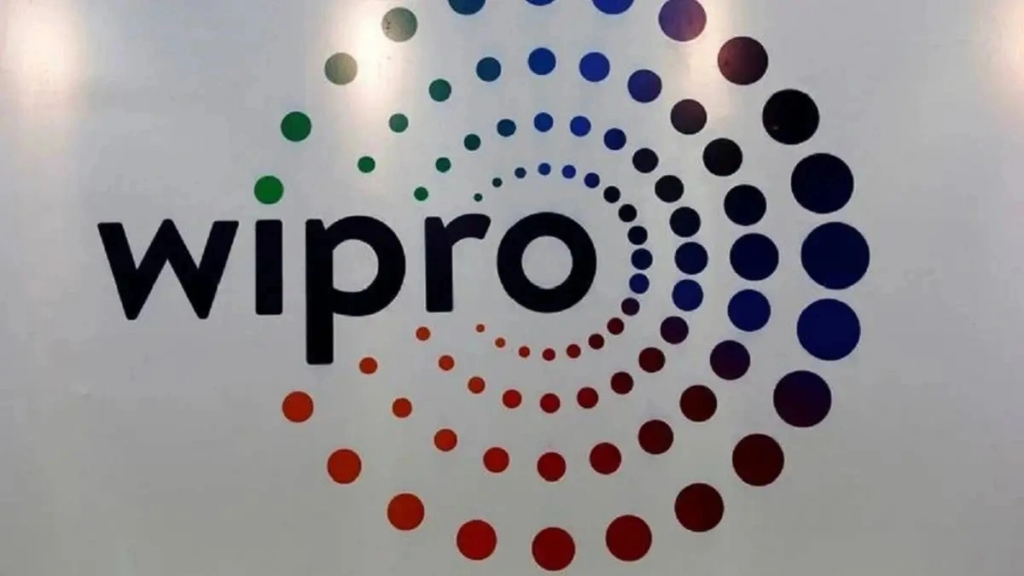
Wipro, an Indian IT services provider, has integrated its Indian state-run enterprises (ISRE) sector with its broader IT Services segment in response to a revenue decline of 20.18 percent in the same segment during the fiscal year 2022-23. The company attributed the decline in revenue to the conclusion, termination, or reduction of major government contracts.
Wipro also reported difficulties in collecting delinquent accounts receivable from government-related enterprises. The organization operates in three divisions: IT Services, IT Products, and ISRE. IT Services accounted for 98.7% of Wipro’s revenue in FY23, while the IT Products segment contributed only 0.7%.

Wipro integrates government business with IT services amid revenue decrease.
During FY23, the ISRE segment contributed only 0.6% of total revenue, a decrease from its contribution of 0.9% in FY22. Notably, government-related business revenue exceeded IT Products revenue in both fiscal years 21 and 22.
Wipro stated in a filing, “General and administrative expenses as a percentage of revenue from our ISRE segment decreased from (1.01) percent for the year ended March 31, 2022, to (2.59) percent for the year ended March 31, 2023.”
Due to the collection of past-due accounts receivable, the company wrote back a greater proportion of its anticipated lifetime credit loss. The credit for general and administrative expenses increased by 77 million rupees in absolute terms. As a result, the segment results of ISRE decreased by 851 basis points, from 16.08 percent to 7.57 percent, and by Rs 732 million in absolute terms.
Prior to FY19, the ISRE segment was carved out as a distinct entity from Wipro’s global IT Services business. Wipro emphasized that historically, ISRE projects have been dominated by system integration (SI) with complex deliverables, extended working capital cycles, and distinct invoicing and collections processes compared to the IT Services segment.
Nevertheless, the organization has shifted its ISRE strategy to concentrate more on consulting and digital engagements, tendering selectively on SI projects with lengthy working capital cycles. In addition, due to the company’s emphasis on consulting and digital engagements, the ISRE and IT Services segments now share similar sales cycles, invoicing, and collection processes.
